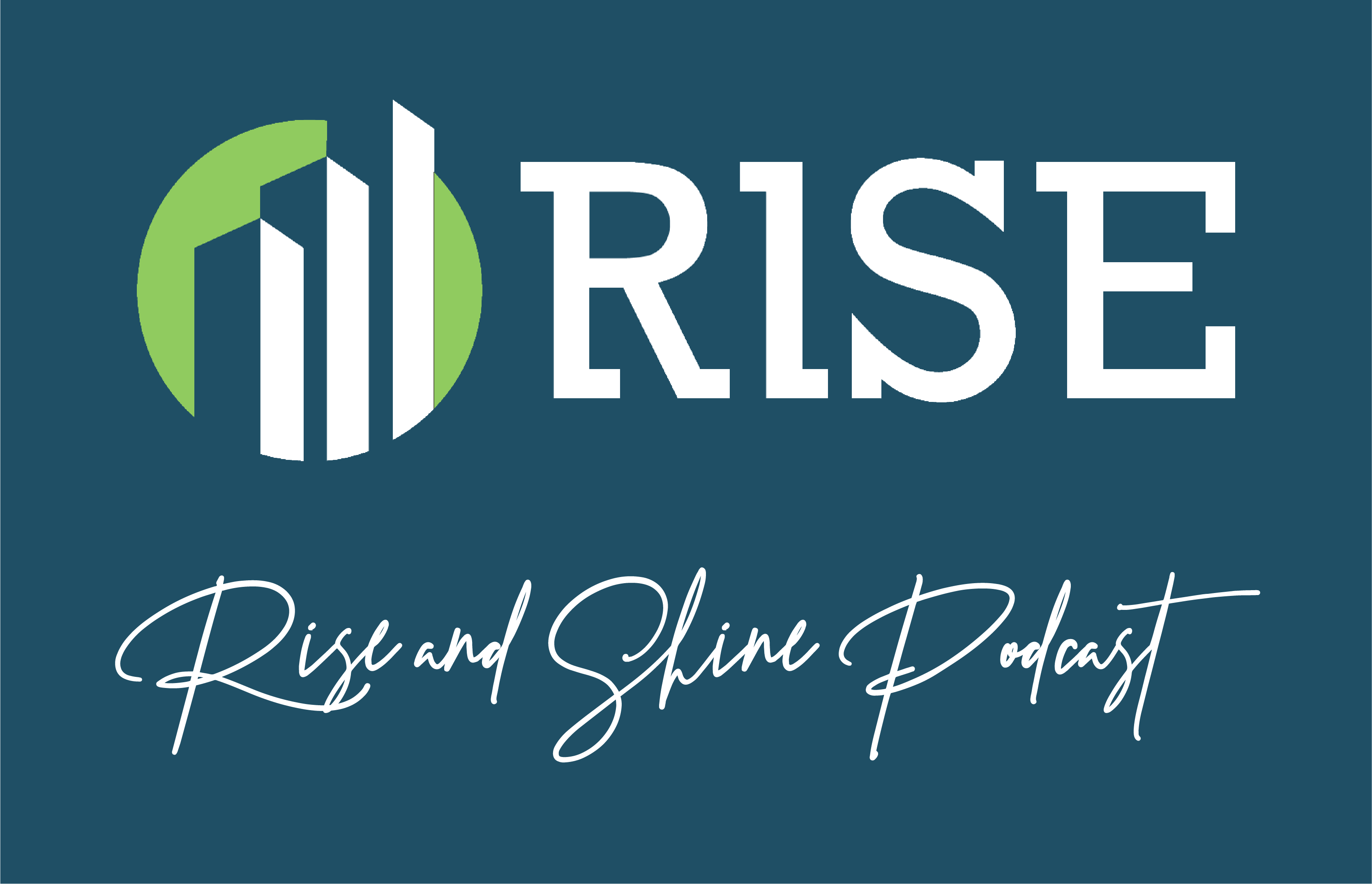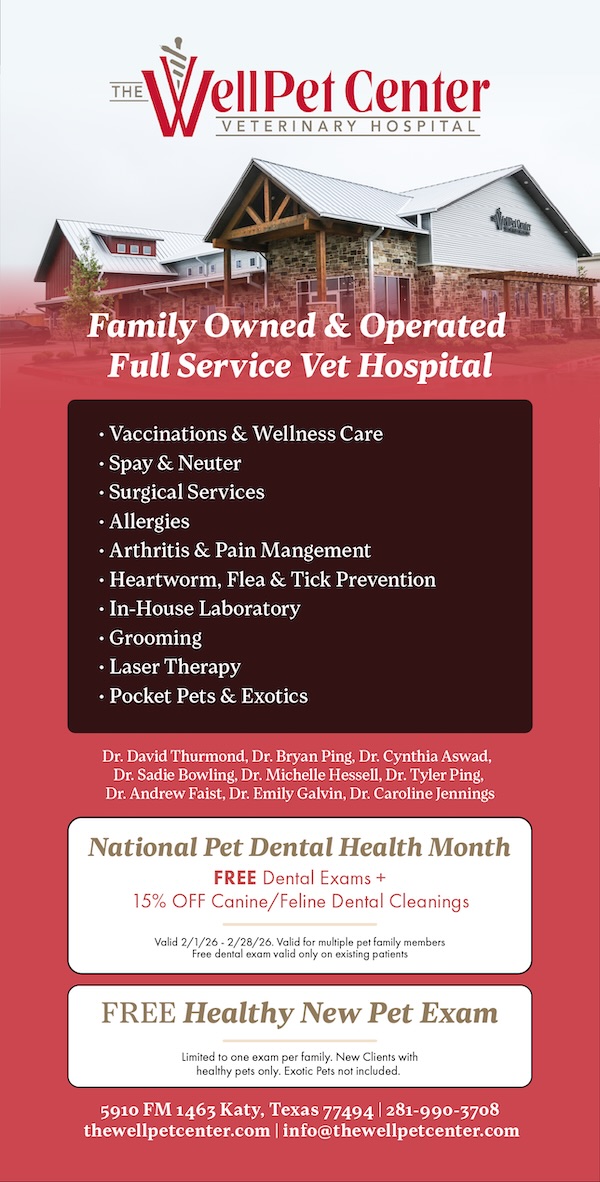
Growth at RISE: Leadership, Team Development, and Community Building
In the latest episode of Rise and Shine, Curious Conversations, Jason Delgado, co-founder of RISE Association Management Group, offers a compelling perspective on the concept of growth within an organization. He speaks candidly about the various dimensions of professional growth—ranging from financial advancement and intellectual development to taking on more responsibility—and underscores the essential truth that growth is uncomfortable and requires proactive effort.
Delgado, who has experienced his own professional journey from an assistant to a portfolio manager, explains that the path to growth often involves pushing through discomfort and embracing self-directed learning. He encourages individuals, especially those in on-site roles like concierges or maintenance staff, to see growth not as a linear climb but as a series of steps that require gaining new skills, mastering new responsibilities, and sometimes navigating unfamiliar challenges. "Growth can lead to management or corporate opportunities, but it requires taking ownership of your development," he notes. He adds that the most meaningful growth comes when individuals step outside their comfort zones and seek to create value for their teams, communities, and organizations.
A significant theme throughout Delgado’s conversation is the importance of feedback. In his view, both giving and receiving feedback are essential components of growth. Constructive criticism should be seen not as a personal attack, but as an opportunity to improve. "If you’re not open to feedback, you’re not growing," Delgado asserts. He emphasizes the need for leaders to set the example by offering candid, actionable feedback and holding themselves and their teams accountable. This mindset of accountability, he argues, is crucial in fostering a culture of growth within a team. “Leadership isn’t about doing the job yourself, it’s about empowering others to do it better,” he says, explaining that great leaders are those who focus on coaching and supporting their teams to develop their strengths.
Mobile Sidebar Ad
This concept of growth extends beyond personal development to the larger community context, such as in neighborhoods like Lakes on Eldridge. As an HOA board member or leader, growth means more than simply improving property values or managing day-to-day operations; it involves fostering a sense of ownership, accountability, and continuous improvement among the residents. Delgado stresses that creating a thriving community requires more than maintaining physical spaces; it requires building relationships and ensuring that every member of the community has an opportunity to learn, grow, and contribute to the collective success.
For HOA boards and members, growth involves embracing the role of leadership, even in the face of challenges and unpredictable problems. Delgado notes that leadership at this level requires a balance of kindness and honesty—offering praise where deserved, but also addressing areas of concern with constructive feedback. This is where clear communication comes into play. Effective leadership, he explains, involves recognizing when things are not working and being able to adapt and find solutions. Whether it's a maintenance issue, a financial challenge, or a communication breakdown, leaders must be willing to step in, make tough decisions, and ensure that their teams have the tools and support they need to succeed.
At RISE, this focus on leadership and development is evident in the company's own growth stories, such as that of Matt Mayor, who rose through the ranks from an on-site role to regional director. His story serves as a prime example of how individuals who embrace discomfort, take ownership of their learning, and step into leadership roles can transform both their own careers and the communities they serve. Mayor, Delgado says, "has consistently stepped up to new challenges, demonstrating ownership, adaptability, and a willingness to learn," making him a model for others within the company.
In the context of neighborhood leadership and community-building, this model of growth is just as applicable. Whether an HOA board member or a resident of Lakes on Eldridge, the principles of accountability, adaptability, and continuous improvement can help drive the success of the community as a whole. Growth, both personal and communal, requires effort, feedback, and a commitment to service—traits that resonate across all levels of leadership, whether within a company or a neighborhood.
For communities like Lakes on Eldridge, fostering a sense of ownership and participation among residents is key. As Delgado points out, "the success of your team is the success of you." This idea extends beyond the workplace to neighborhoods, where individual growth, when supported by the right leadership and a shared commitment to improvement, can lead to lasting, positive change for all. Whether it’s improving communication, developing leadership within the community, or taking ownership of shared spaces and responsibilities, growth is ultimately about creating an environment where everyone can contribute and thrive.
 Tiffany Krenek has been on the My Neighborhood News team since August 2021. She is passionate about curating and sharing content that enriches the lives of our readers in a personal, meaningful way. A loving mother and wife, Tiffany and her family live in the West Houston/Cypress region.
Tiffany Krenek has been on the My Neighborhood News team since August 2021. She is passionate about curating and sharing content that enriches the lives of our readers in a personal, meaningful way. A loving mother and wife, Tiffany and her family live in the West Houston/Cypress region.








